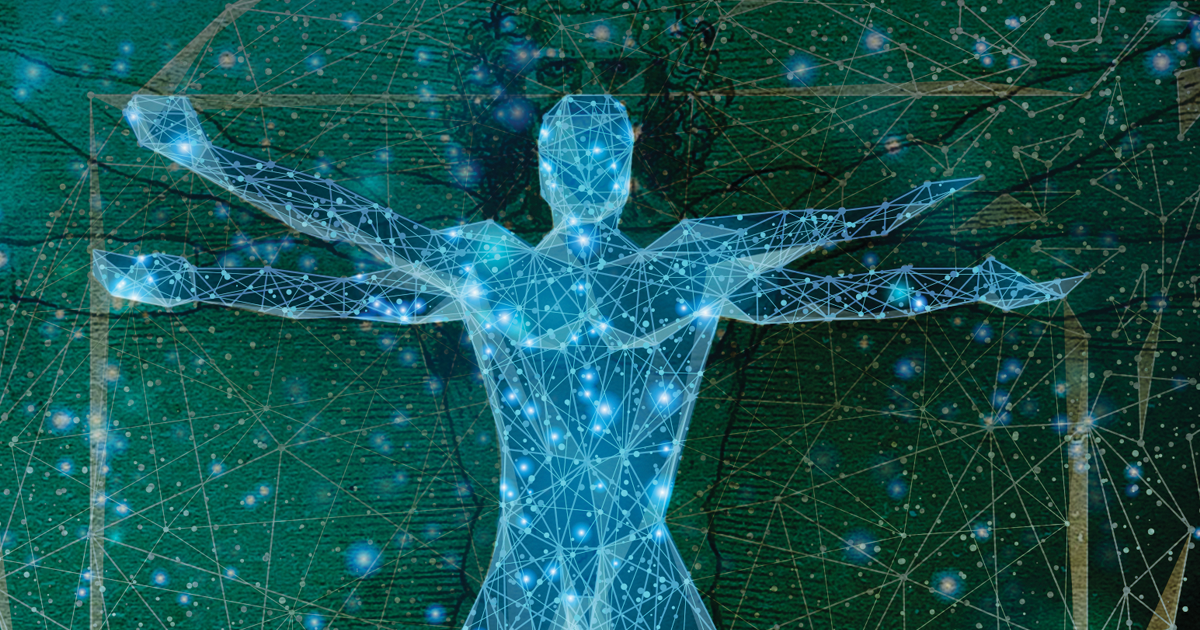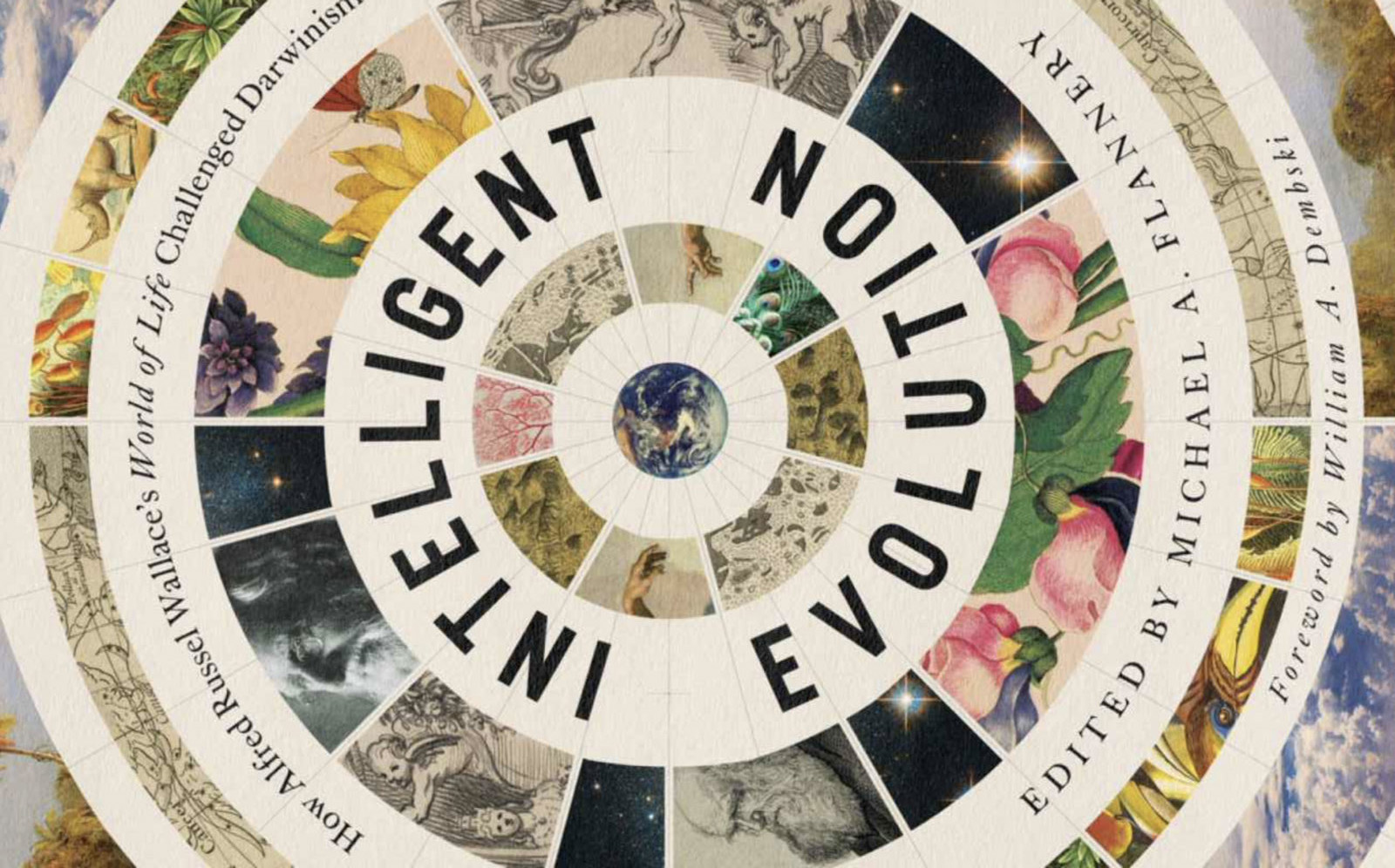
The Miracle of Man: Extraordinary “Coincidences” All the Way Down
On today’s ID the Future, Miracle of Man author and biologist Michael Denton continues his conversation with host Eric Anderson. Here Denton does a rapid flyover of several more anthropic “coincidences” in chemistry, biochemistry, and Earth science that are fine tuned to allow air-breathing, bipedal, technology-developing terrestrial creatures like ourselves to exist and thrive. The fine tuning, what Denton calls anthropic prior fitness, would seem to require foresight and planning on literally a cosmic scale. The wide-ranging conversation, the final one in a four-part series, gives a flavor for the breadth—if not the depth and richness—of Denton’s new book from Discovery Institute Press, available here.

